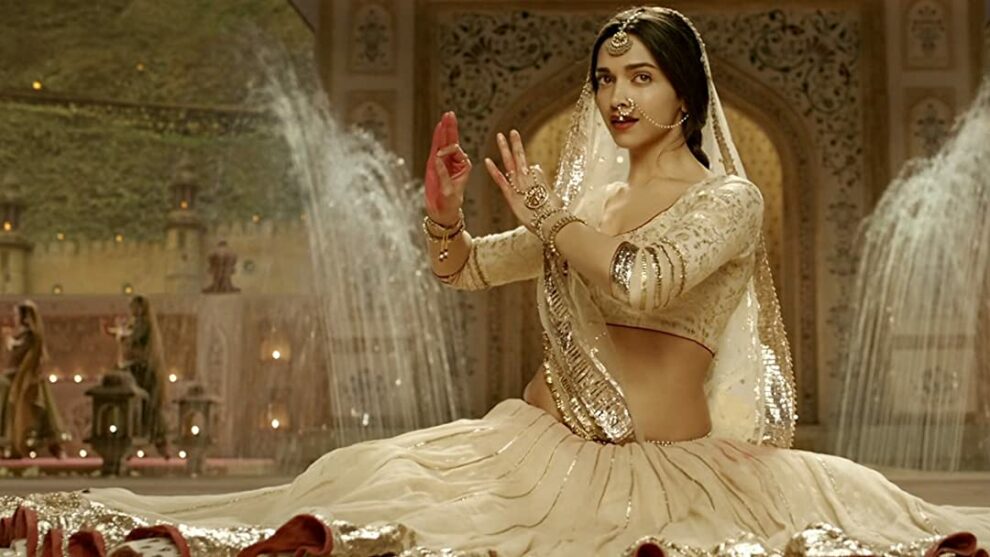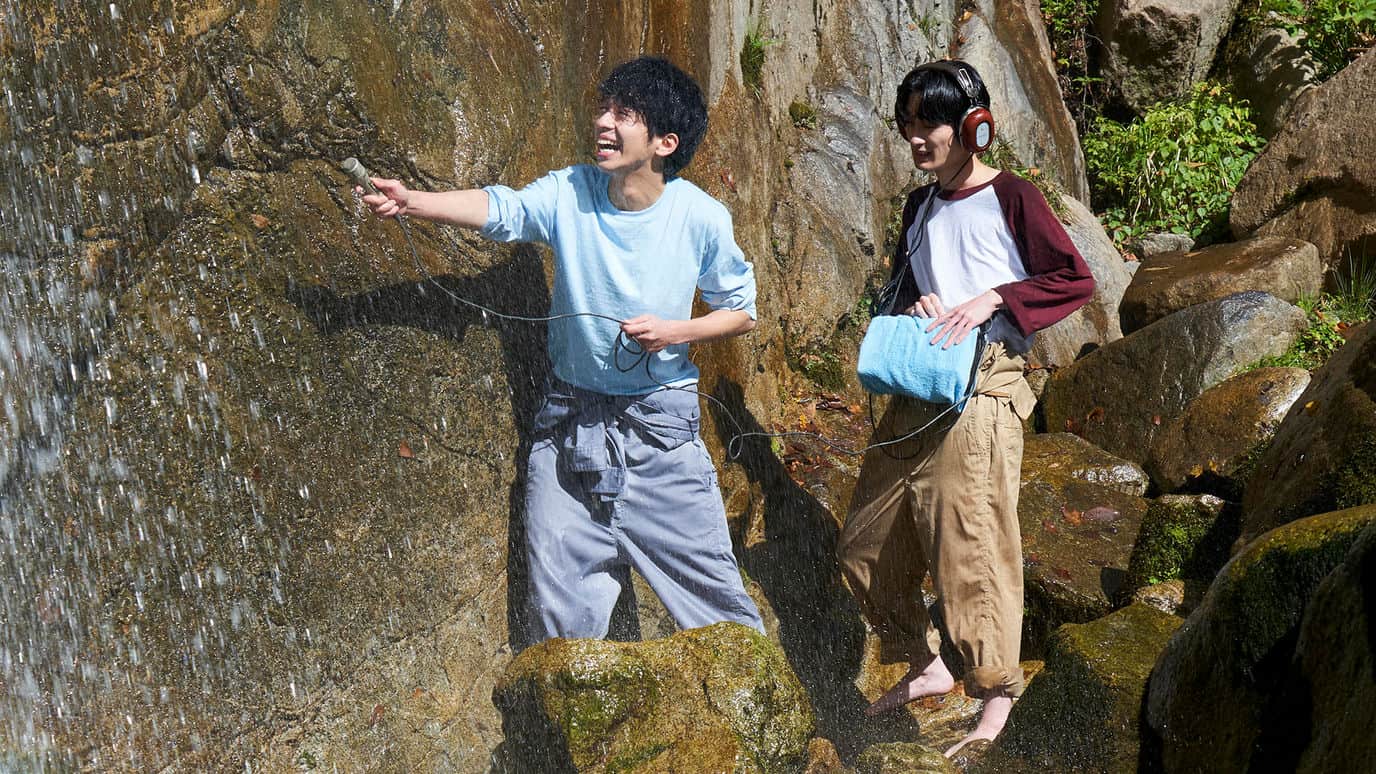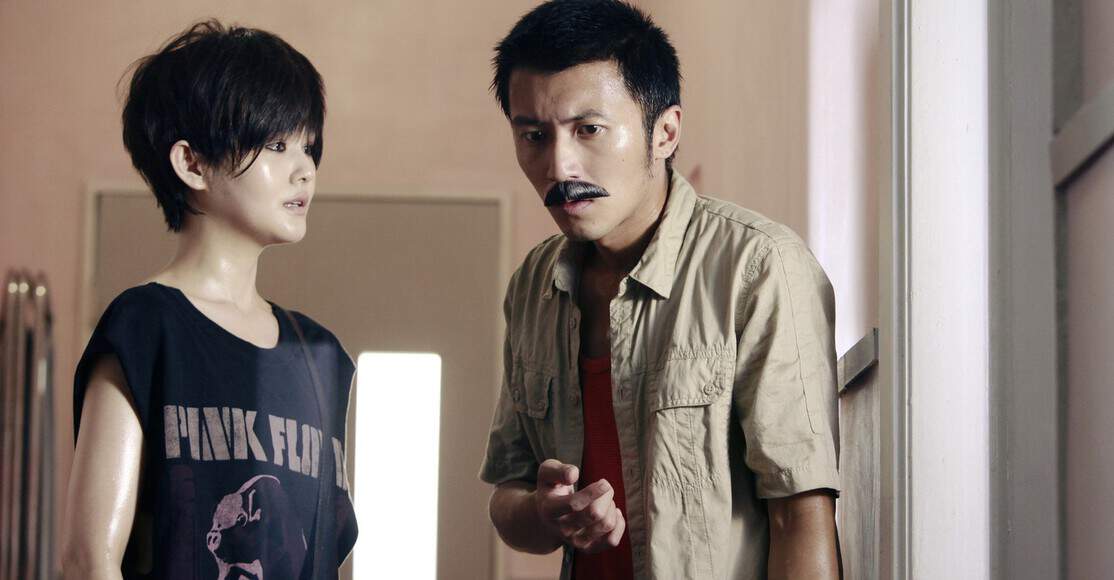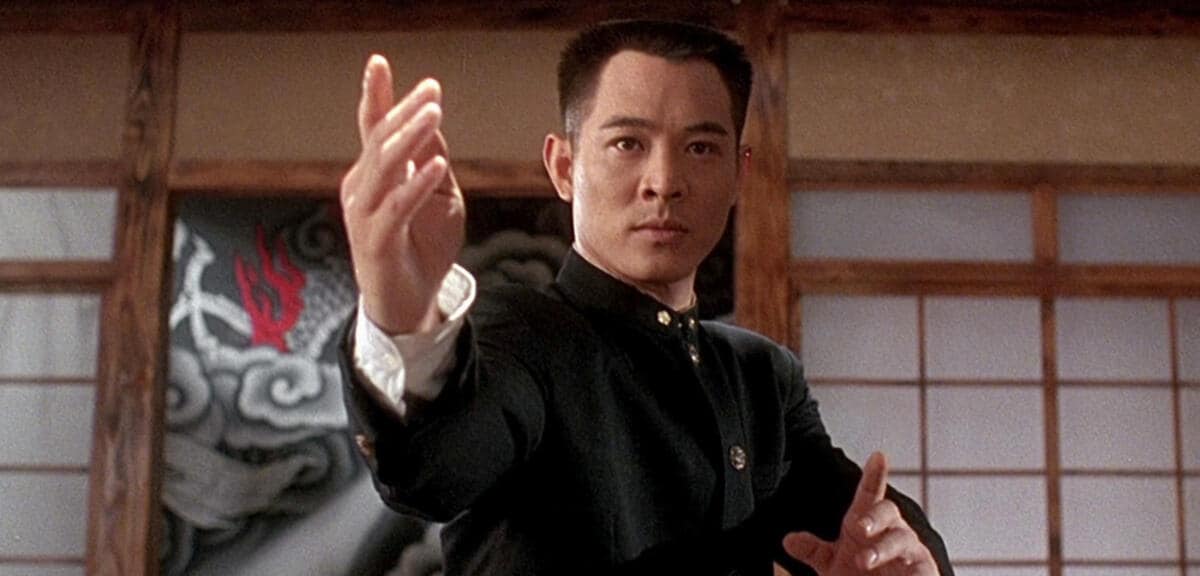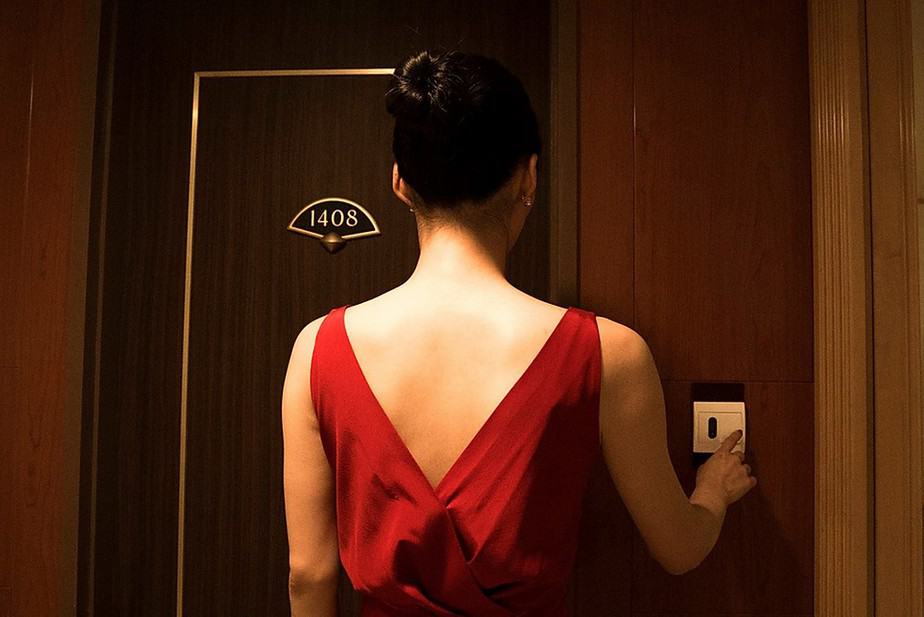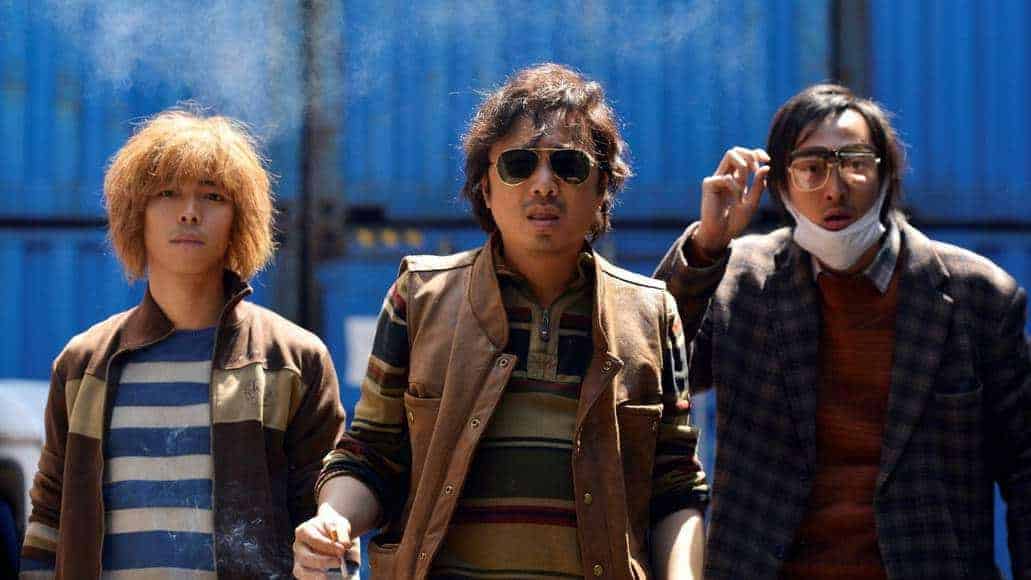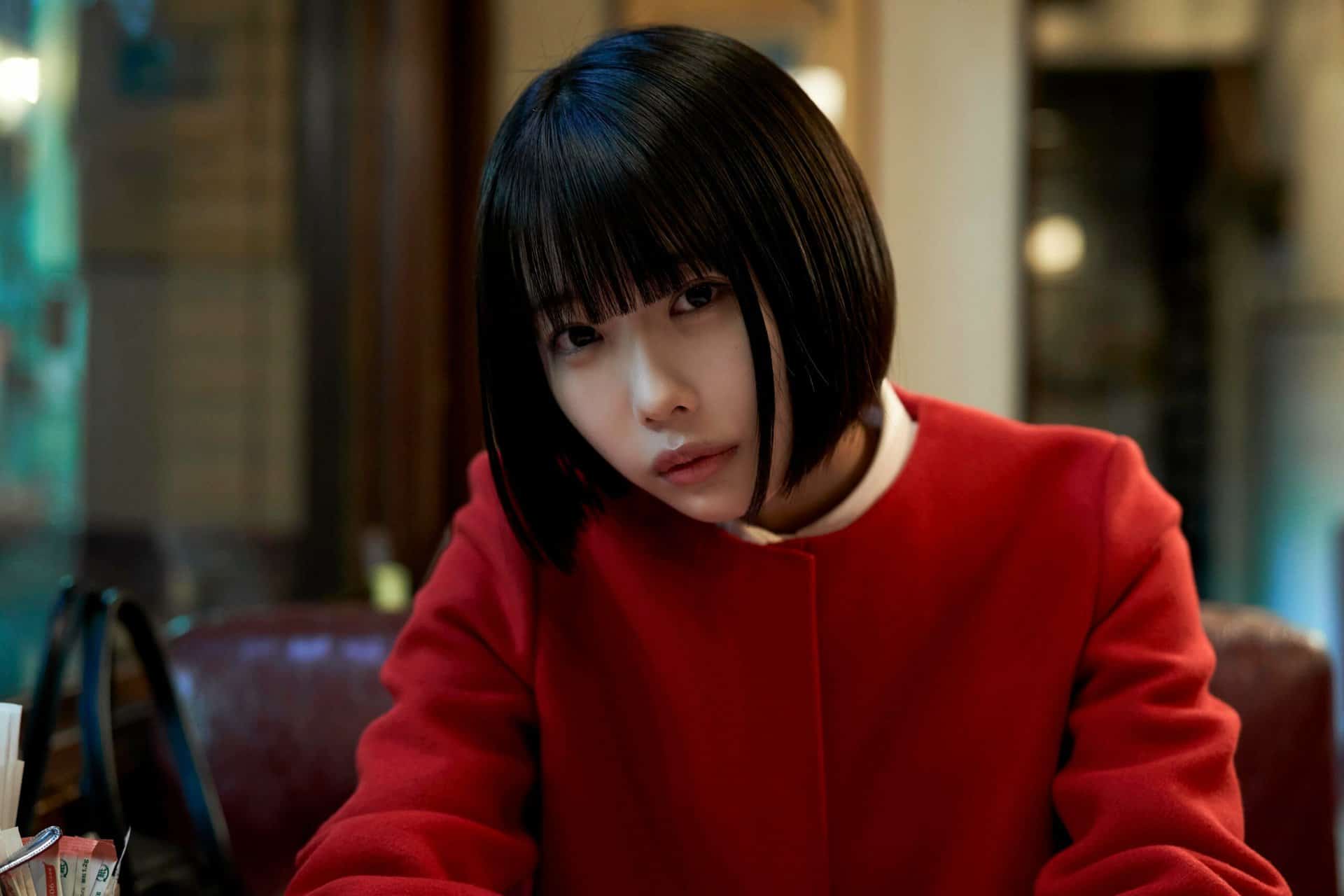A project nurtured over 12 long years and conceptualized by one of Bollywood's premiere directors at the forefront of historical epics, which oftentimes are interwoven with enchanting Indian mythos of years past. Inspired by the Marathi novel ‘Rau' by the late Nagnath S. Inamdar, Sanjay Bhansali brings to life this visually arresting story of a 18th century Peshwa (akin to a modern-day prime minister) Bajirao's love triangle with a Muslim maiden Mastani and his wife Kashibai. ‘A will as immovable as the Himalayas' leads the charge as this tragic saga unfolds, an allegory of intimacy, lust and passion set against the bubbling racial instability of the Hindu Maratha Empire.
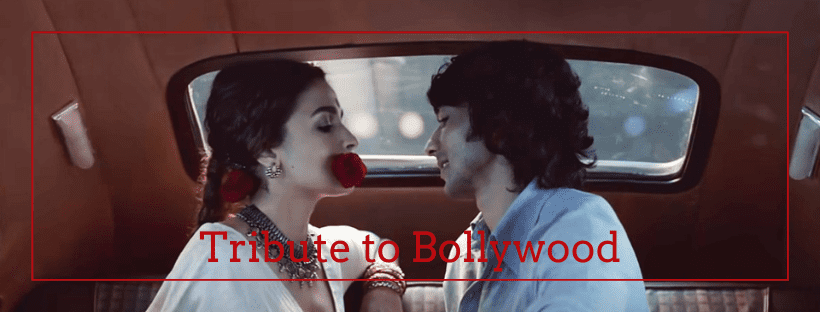
Emperor Chhatrapati Shahu (Mahesh Manjrekar) is looking for the next Peshwa of the Maratha Empire. Before he could appoint one of his courtiers as the next leader, a defiant Bajirao Ballal (Ranveer Singh) barges into the court and challenges the man for the prestigious role. Putting his marksmanship where his mouth is, the warrior easily clears a challenge of splitting a peacock feather with an arrow and wins the trust of the emperor, securing the court's approval to become the seventh peshwa of the 18th century Empire.
Bajirao becomes a feared and vicious commander and his renown travels far and wide, enough to get within earshot of a mysterious masked bandit. With a flourish of his sword and a ferocity matched only by the man himself, the figure breaks into Bajirao's quarters and makes quick work of his army. And subsequently unmasks himself to be… gasp…. Mastani (Deepika Padukone), a Muslim princess from Bundelkhand who intends to sway Bajirao's favour in ridding her land of invading oppressors. Forceful and passionate, their attraction is quickly forged on the battlefield (with some of the most stellar combat choreography too) but erupts into a scintillating love triangle when Kashibai (Priyanka Chopra-Jonas) learns of the brewing romance.
The stage is set, with the opening credits (backed by beautifully illustrated montages depicting Bajirao's reign of terror) for an aesthetically faultless film that is a feast for the senses. As Bajirao puts it, ‘even a sandalwood tree needs time to age before it produces fragrance', and so does this exquisite picture that beguiles over two and a half hours with plenty that catches the eye. A kaleidoscope of exhilarating makeup, costumes, and photography.
Sudeep Chatterjee, known for other classics like “Dhoom 3” (2013) and “Chak De India” (2007), is a master of the lens and captures some of the most breath-taking cinematography ever witnessed in Bollywood Cinema. Think picturesquely textured shots of the Shaniwar Wada, effervescent colours of the palace caught in the deep piercing hues of the night and effective closeups played to gratuitous effect. Tense but tender at the same time. Just like the bond that caresses the star-crossed lovers.
The lovers are played by real life power couple, Ranveer Singh and Deepika Padukone who first partnered up for “Goliyon Ki Raasleela Ram-Leela” (2013) and then “Padmaavat” (2018), all with the same director Sanjay Bhansali. Theirs a proven partnership for success, no doubt escalated by the electrifying performances by these actors.
Ranveer's Bajirao is a show of stoic aggression, with confidence oozing out of every pore, he delivers all his dialogue (some Marathi language ones too) with crisp diction and a hulking ferocity, maybe putting the real character to shame. Deepika's eyes do half the acting for her- in one particularly tense moment at the naming ceremony of Kashibai's baby, it almost threatened to pop out of its socket-and is a sight to behold. Priyanka juggles Kashibai's emotions with unflinching conviction, a portrait of a matriarch holding on to her turf.
In the hands of editor Rajesh Pandey, Bajirao Mastani becomes a wonderfully paced stunner and its musical numbers are filled with enchanting imagery like colourful Holi powder and Bharatanatyam-inspired choreography. In the world of ‘Brahmin-only' soirees and concubines travelling in hand-lifted palanquins, one expects nothing less. The poetic screenplay by Prakash Kapadia innervates with its mention of illegitimate child and thoughts of scaling walls and walking on embers, where a warrior has the instinct to reach for her sword even when struck by a pebble. Furthermore, the dialogue elevates the already well-established characters.
Sanjay Bhansali's labour of love is a triumphant spectacle that is a marvel on screen and a sight to behold. Rarely has a film achieved on all fronts in the art and production department as much as “Bajirao Mastani” does. A bright ruby that will always shine in the annals of world cinema.


